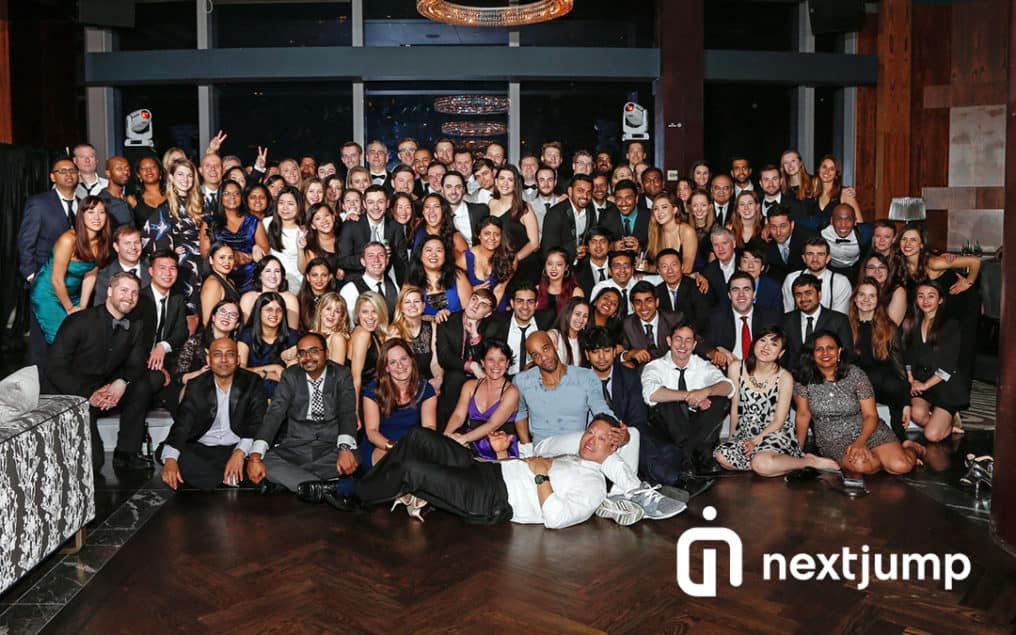Background
Next Jump is an e-commerce company providing voluntary benefits to 70% of Fortune 1000 companies as well as many reputable UK organisations. Whilst their core product is Perks at Work, a platform promoting employee value and recognition, they also boast a pro-bono side to their business dedicated to sharing their approach to culture with others.
"Vulnerability leads to better coaching; and ultimately better business growth"
Approach
In 2012, Next Jump recognised that they needed a shift in the way they ran their business to prioritise Culture as their No. 1 Business Strategy. In order to help employees reach their potential and place culture at the forefront of their strategy, 3 key pillars were implemented. Firstly, the creation of safe spaces allows employees to practice leadership and decision making in low-risk environments. This encouragement of vulnerability leads to better coaching; better learning; and ultimately, better business growth. The second pillar involves feedback loops, in which constant anonymous feedback from peers is given via an app, combined with face-to-face coaching from more senior colleagues. Finally, coaching programmes provide circles of safety to ensure that employees are able to process and reflect on their learning.
Talking Partners (TPs) is a co-mentoring programme where employee pairs share ownership and responsibility and support each other in their growth journey. Additionally, situational workshops involve fortnightly mentoring of junior TPs’ decision making abilities by senior TPs, identifying patterns of situational approach.
Outcome
Next Jump’s culture initiatives have proven successful; annual sales have risen from $250million to $2.5billion, with annual average growth in business performance of 50%. 70% of their leaders are now “home grown,” proving that graduates are nurtured into leaders. Acknowledging this exceptional developmental culture, Harvard Business Review recognises Next Jump as 1 of 3 global Deliberately Developmental Organisations (DDO), as featured in their 2016 book ‘An Everyone Culture’.

